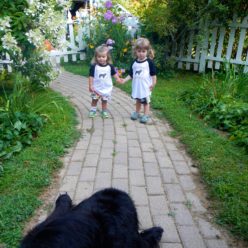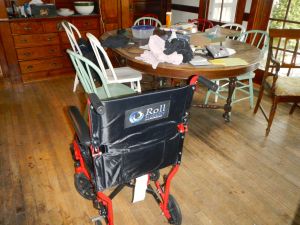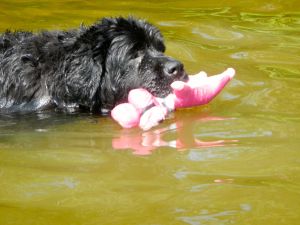One of the many joys of being a professor is being afforded many opportunities to learn and discovering new ways of learning and teaching. My Thursdays this semester are especially devoted to research, learning, and reflection. Among today’s learning activities I engaged in were
- studying a successful Comenius grant kindly shared with me by a fellow teacher from Turkey. Thank you, present and former fellow teachers Inci Aslan (Turkey) and Irma Milevičiūtė (Lithuania)!
- further exploration of the curating learning tool, scoop.it. Here is some background information I “scooped” today to better know Turkey.
- having a simultaneous Skype sessions with three of my undergraduate students and a graduate student where we test the usefulness of two Skype recording applications Pamela and Callnote. Skype is becoming an increasingly useful teaching and tool for me.
- rediscovering an old neglected audio recording “app” Tapedeck and finding that it worked with the new Mavericks operating system OSX 10.9 and seamlessly interfaces with YouTube and Itunes
- providing feedback to a blog post of a teacher in Spain. I continue to learn so much from etwinning elementary and secondary school global colleagues who are far more adept than I in using learning technology
Last Tuesday I updated my MacBook Pro to MAC OSX 10.9 . Now I have the challenge of updating my far-too-many applications (I just received notice within the past five seconds of the need to update 8 of them!) . So much to learn…so little time. Yet what fun to have so many learning opportunities and new teachers of all ages and from all over the globe!



